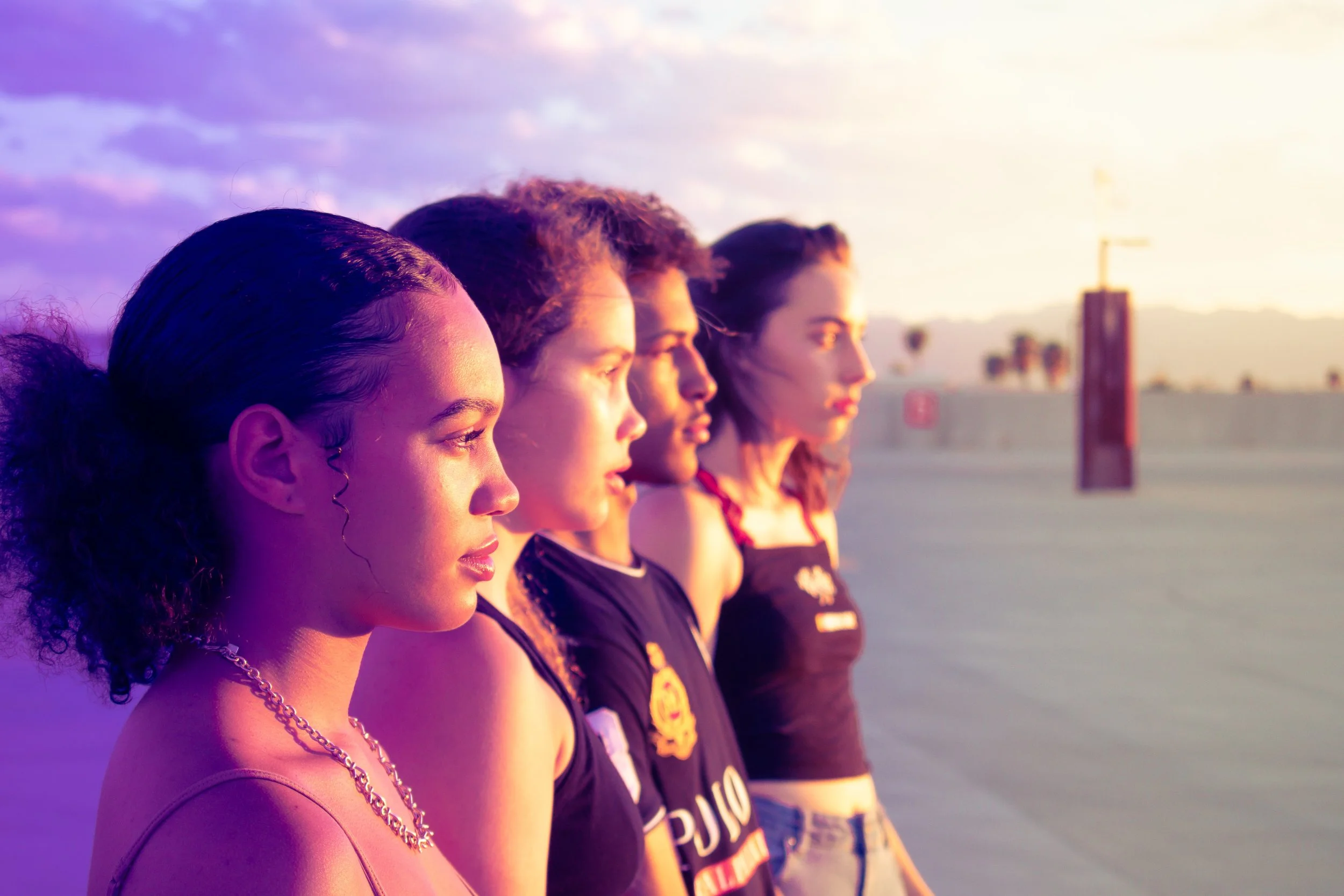Coaching Adolescents
My background with younger people
For as long as I can remember I have had an interest in supporting children and young people. As a young woman I completed a qualification for caring for children and young people including working with special needs. Recently I have coached teenagers for an educational charity. As a parent I have also had the blessing of raising two wonderful daughters, now in their early teens.
How is it different?
Coaching adolescents is very different to coaching adults. This is largely due to developmental differences. But how? We all know that adolescents are going through many changes - cognitive, physical, psychological, and social. But how do these differences in development manifest to adults?
Intense emotions
One major difference is that adults think more rationally because their prefrontal cortex (the area in the brain that modulates cognitive control) is fully developed. Adolescents are still driven largely by their amygdala (the brain centre that processes emotions).
Personal identity
Another difference is that developing personal identity takes centre stage in adolescence. For the young person this is a time of exploration, of questioning beliefs, and questioning the environment in search of who they are. This pull between belonging (to a peer group) and becoming an individual, can be challenging. And yet it is critical. If this stage of identity maturation fails, developing intimacy and work identity may be disturbed later in life.
Research findings
Numerous transformations unfold during the adolescent years, a topic thoroughly explored by Eveline Crone in her comprehensive book on brain development research during this period. I highly recommend this fascinating read, as it sheds light on the many competing forces teenagers encounter while transitioning into adulthood. It serves as a reminder that, as adults, we may frequently approach situations with a perspective that is too mature.
Meet the teenager where they are
In my work with the charity I have seen many students suffer from self-defeating beliefs. I have also seen students use coaching to find their own motivation and go on to achieve. Being aware of the developmental differences between myself (as an adult) and the teenager I am coaching has been powerful. It has allowed me to meet the teenager where they are, better understand their challenges and to respond more empathically.
Life transitions
Moving to secondary school is a major life transition. Not only are expectations higher for the young person, but they are also stuck in the youngest year group, often in a much larger school, with few familiar faces. Another major life transition facing these youngsters is the transition from student life to the world of work. Once again, new responsibilities and expectations will be challenges to overcome.
References:
Understanding the Teen Brain, University of Rochester by Joseph Campellone & Raymond Turley
Developmental Coaching: Life Transitions and Generational Perspectives, edited by Stephen Palmer and Sheila Panchal, 2010.
The Adolescent Brain: Changes in Learning, Decision- making and Social Relations in the Unique Developmental Period of Adolescence by Eveline Crone, 2016

